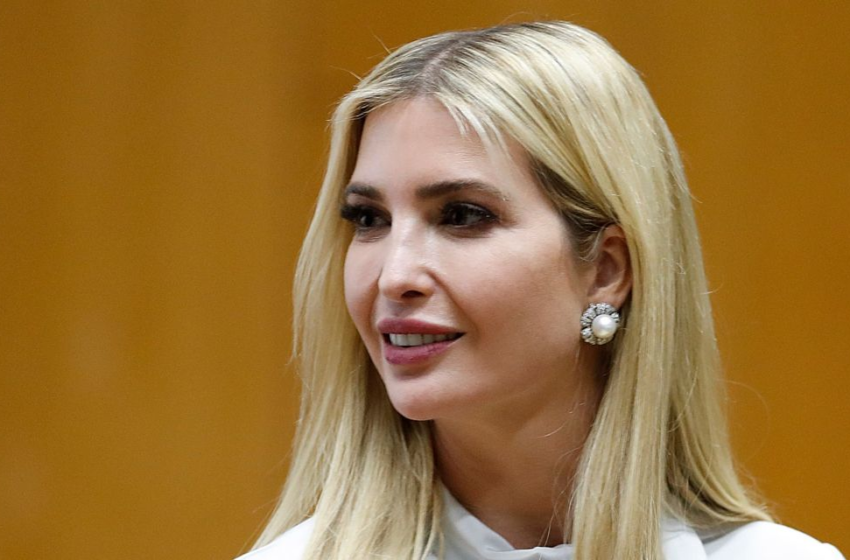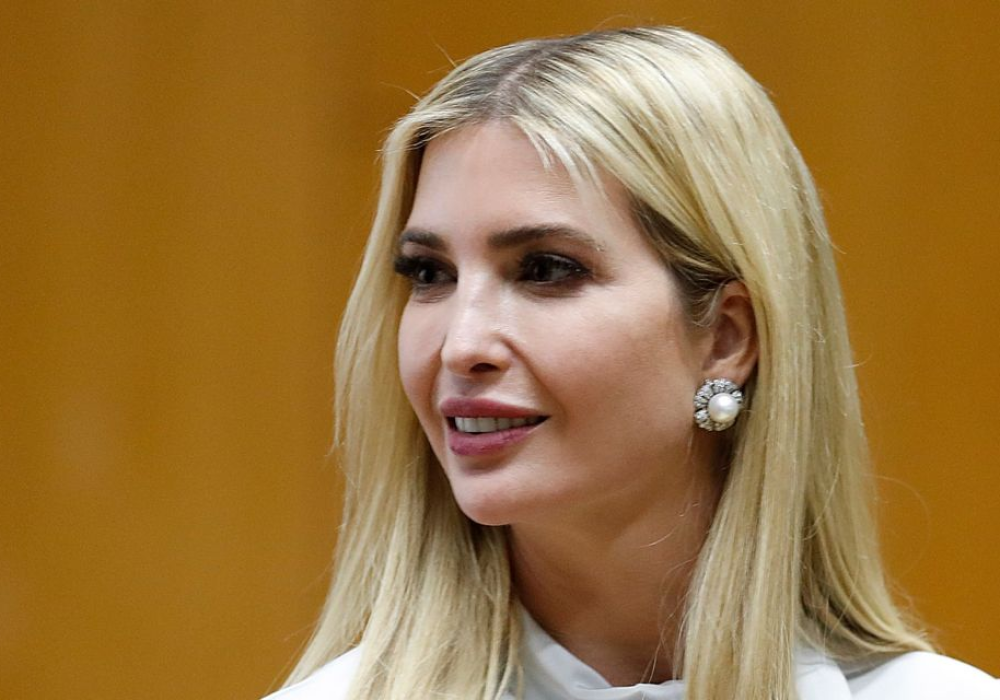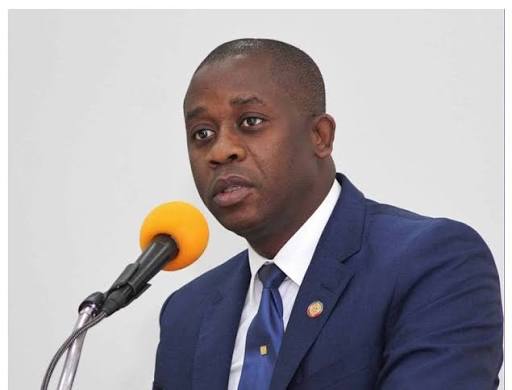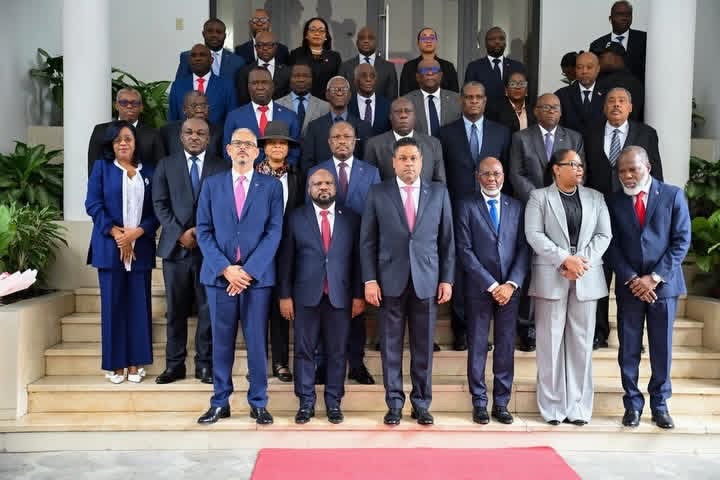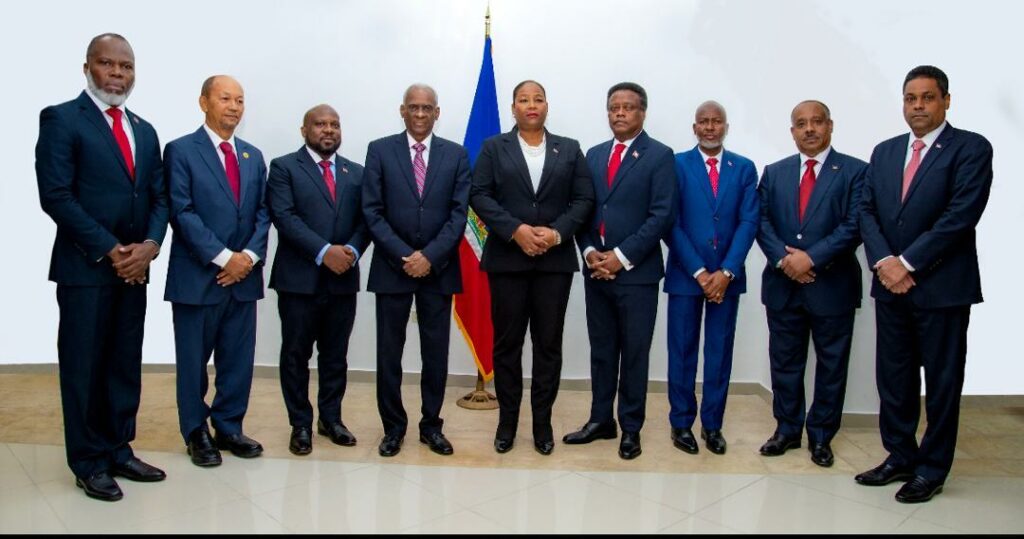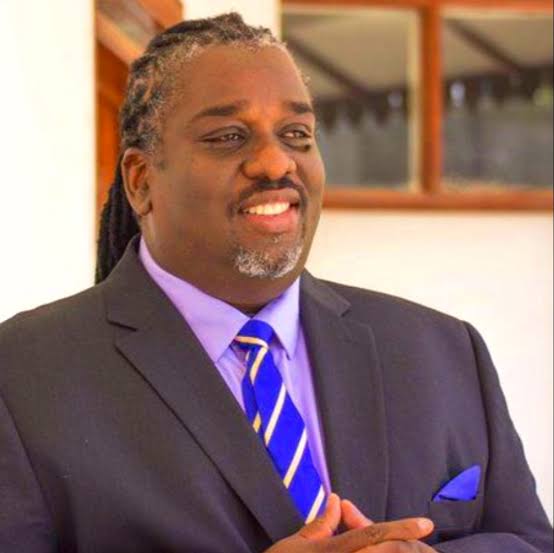WASHINGTON—The House select committee investigating the Jan. 6 attack on the U.S. Capitol has asked former President
daughter
Ivanka Trump
to cooperate with the panel voluntarily.
In a letter to Ms. Trump, the committee said it is interested in her knowledge of her father’s efforts to convince then-Vice President
who was presiding over a joint session of Congress on Jan. 6, to prevent ratification of the 2020 presidential election results.
“One of the president’s discussions with the vice president occurred by phone on the morning of January 6th,” the committee’s chairman,
Rep. Bennie Thompson
(D., Miss.) wrote in the letter to Ms. Trump. “You were present in the Oval Office and observed at least one side of that telephone conversation,” he wrote.
Newsletter Sign-up
Capital Journal
Scoops, analysis and insights driving Washington from the WSJ’s D.C. bureau.
The select committee, led by Mr. Thompson and Vice Chairwoman
Liz Cheney
(R., Wyo.), is investigating the events surrounding Jan. 6, 2021, when Trump supporters stormed the Capitol, temporarily halting the certification of President Biden’s Electoral College win. Earlier that day, Mr. Trump spoke at a rally urging supporters to march to the Capitol, falsely saying the election was stolen. Mr. Trump was impeached in the House over his role and acquitted in the Senate.
A spokeswoman said Ms. Trump just learned of the public letter and didn’t indicate whether she planned to cooperate. The spokeswoman noted that Ms. Trump didn’t speak at her father’s rally in which he encouraged supporters to march to the Capitol. The spokeswoman also pointed to Ms. Trump’s tweet that afternoon that “any security breach or disrespect to our law enforcement is unacceptable. The violence must stop immediately. Please be peaceful.”
Mr. Thompson said his committee also wants to ask Ms. Trump about her interactions on the day of the attack related to efforts to get Mr. Trump to call off rioters and convince them to go home.
“Testimony obtained by the committee indicates that members of the White House staff requested your assistance on multiple occasions to intervene in an attempt to persuade President Trump to address the ongoing lawlessness and violence on Capitol Hill,” Mr. Thompson wrote.
He added that the committee has information suggesting that in the aftermath of Jan. 6, White House staff and others were working with Trump supporters outside the White House—including Donald Trump, Jr., Fox hosts Laura Ingraham, Brian Kilmeade and
Sean Hannity,
as well as members of Congress and former New Jersey Gov. Chris Christie—in an attempt to persuade Mr. Trump to stop insisting the election was stolen.
A committee aide said the panel has gathered information from more than 400 witnesses and has dozens more interviews and depositions scheduled.
The request comes after the Supreme Court denied Mr. Trump’s emergency request to block the panel from obtaining White House records related to the Jan. 6 attack. The court’s actions may have undercut two key legal arguments that Mr. Trump and his allies have been relying on to ward off attempts by the panel to get testimony and documents concerning the riot from people around the former president.
Numerous allies of Mr. Trump, including his longtime political adviser
Steve Bannon,
his former chief of staff Mark Meadows and former Justice Department official Jeffrey Clark, have declined to testify, saying that their conversations with Mr. Trump are protected by the doctrine of executive privilege.
In addition, some lawyers representing witnesses sought by the committee have said that the committee’s inquiry into Jan. 6 lacks a valid legislative purpose, a longstanding requirement that Congress may not conduct investigations unmoored from its duties of passing laws.
The Supreme Court’s action left in place an appeals court ruling that undercut both arguments. The D.C. Circuit Court of Appeals found that the committee inquiry was proper. In addition, the appeals court found that the circumstances of Jan 6. were so dire that Mr. Trump’s invocation of executive privilege would likely fail, even if he were the sitting president.
The Justice Department is weighing whether to pursue criminal contempt of Congress charges against Mr. Meadows over his refusal to appear before the Jan. 6 panel. The Supreme Court’s ruling signaled to other witnesses in the probe that those arguments about privilege and the committee’s powers may not carry weight, legal observers say.
“If you are a witness that has defied these subpoenas and you are counting on a Trump-dominated Supreme Court to agree with you that Congress didn’t have a legitimate legislative purposes, you can pretty much kiss that hope goodbye,” said Jeffrey Robbins, a former Justice Department official and congressional lawyer now in private practice at Saul Ewing Arnstein & Lehr.
The decision is “a strong indication that a majority of the Supreme Court, including evidently Justices Gorsuch, Kavanaugh and Barrett, are not going to be with you,” said Mr. Robbins, referring to the trio of justices appointed to the bench by Mr. Trump.
The ruling had an immediate ripple effect in lower courts. A district court in Washington on Thursday denied an attempt by a former aide to Mr. Trump to challenge the committee’s subpoena of the aide’s bank records, in part citing the developments at the Supreme Court.
Write to Lindsay Wise at lindsay.wise@wsj.com and Byron Tau at byron.tau@wsj.com
Copyright ©2022 Dow Jones & Company, Inc. All Rights Reserved. 87990cbe856818d5eddac44c7b1cdeb8

